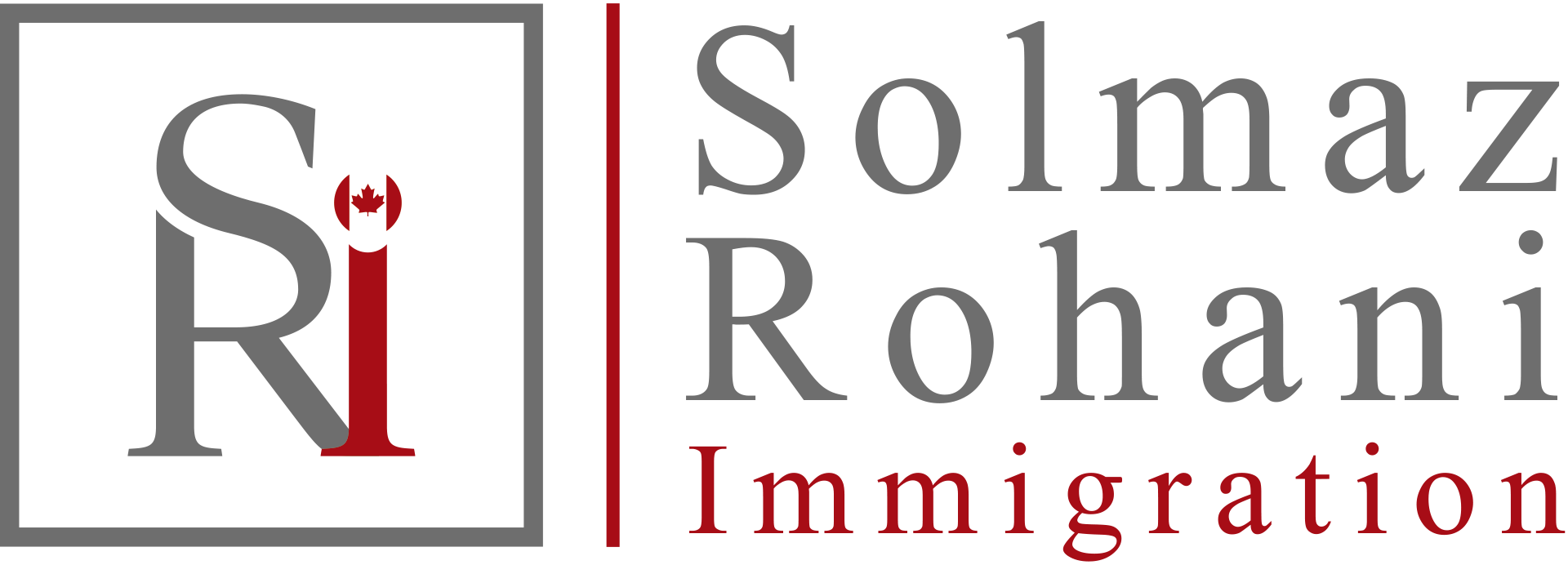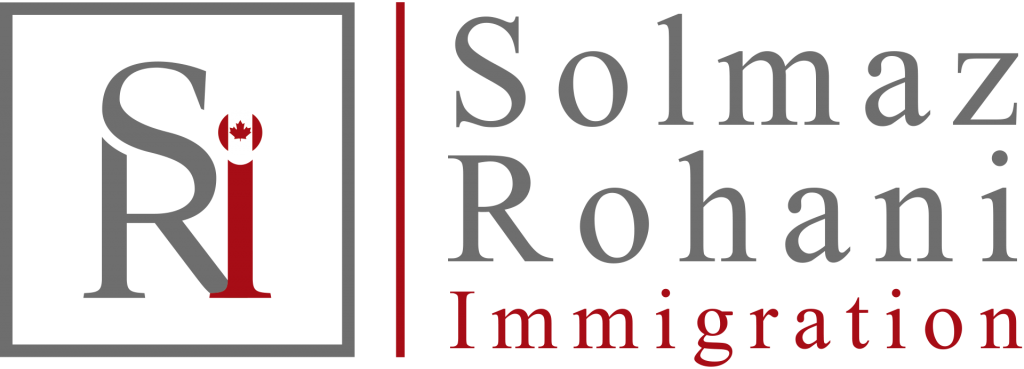Each province in Canada has its own small immigration program and can nominate a limited number of new immigrants each year.
Provincial Nominee Programs
PNP programs are another option to immigrate to Canada if you do not have enough points to be selected under Express Entry or not eligible for any other immigration category
The Provincial Nominee Programs (PNP) allow Canadian provinces and territories to nominate individuals who wish to immigrate to Canada and who are interested in settling in a particular province/
Each Canadian province (except Quebec, which has a different selection system) and two territories have their own unique Provincial Nominee Programs. Participating provinces and territories sign agreements with IRCC that allow them to select immigrants who meet the requirements that they have set forth.
Provinces with PNP programs each have their own selection criteria to find immigrants with skills that the province needs which they cannot hire locally. The selection criteria and occupations vary across provinces from information technology, medical, agriculture, trades, business, investors, and people who have ties to Canada
How does the program work?
Candidates must first be entered into the Express Entry System with their CRS score (calculate here), then apply to a PNP program (which is a separate application). You will remain in the Express Entry pool for a year, or until you are selected to apply for Permanent Residence.
After the province processes your PNP application (typically 3-4 months), you will be granted 600 points to add to your Express Entry score. With these additional 600 points, you will be selected and invited to apply for PR at the very next draw, which occurs every 2 weeks.
Benefits of applying under PNP program
Once a Provincial Nominee Certificate is granted, you receive 600 point that goes towards your Express Entry score. On average, individuals without a PNP certificate will score between 300 and 500. The most recent cutoff scores to be selected for Express Entry have been in the 400 – 500 range. Individuals with a PNP Certificate automatically are granted 600 points to add to their Express Entry core of 300-500 points. The PNP certificate would give a final Express Entry score above 900 which is significantly higher than the current cutoff selection score of around 400-500 points.
Available PNP Programs
Manitoba PNP
If you have a close relative living in the Manitoba province, you may be eligible to apply to this PNP program for having a “connection to Manitoba”. We will need to assess you to determine if you are a strong candidate, as this PNP has their own scoring and selection system similar to Express Entry. Currently, you would need a score above 530 to be a strong candidate.
New Brunswick PNP
If you have a close relative living in New Brunswick province, you may be eligible to apply for this PNP.
If you have a; brother or sister, aunt or uncle, nephew or niece, first cousin, mother or father, grandmother or grandfather living in one of these provinces, you may be eligible to apply for a PNP.
Occupation based PNP
Each province in Canada is looking for candidates with skilled job experience to fill labour shortages in their province. The list of occupations vary from province to province, depending on their needs. If you are granted a PNP nomination, you most likely will be able to find a job since you are granted a PNP for a job category where their is a shortage of your skill set.
If you have job experience in one of the categories below and you are interested in applying for Permanent Residence in Canada, please contact us for assistance. It is not a straightforward process and we can help you get PR under these PNP programs.
Administrative Assistants
Aerospace
Aircraft instrument, electrical and avionics mechanics, technicians and inspectors
Advertising and Marketing
Professional occupations in advertising, marketing and public relations
Agriculture
Landscape and horticulture technicians and specialists
Engineers
Civil Engineering Technologists and Technicians
Drafting Technologists and Technicians
Mechanical Engineering Technologists and Technicians
Finance and Accounting
Financial Auditors and Accountants
Financial and Investment Analysts
Financial Sales Representatives
Mathematicians, statisticians and actuaries
Information Technology
Computer Programmers and Interactive Media Developers
Information Systems Analysts and Consultants
Health information management occupations
Law
Paralegal and related occupations
Medicine and Health
Biological technologists and technicians
Health information management occupations
Teacher
College and other vocational instructor
Trades
Appliance servicers and repairers
Automotive service technicians, truck and bus mechanics and mechanical repairers
Heavy-duty equipment mechanics
Miscellaneous
Facility operation and maintenance managers
Geoscientists and Oceanographers
Managers in social, community and correctional services
Social and community service workers
Recreation, sports and fitness program and service directors



